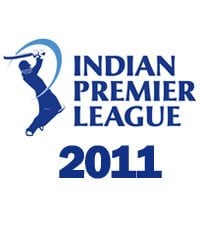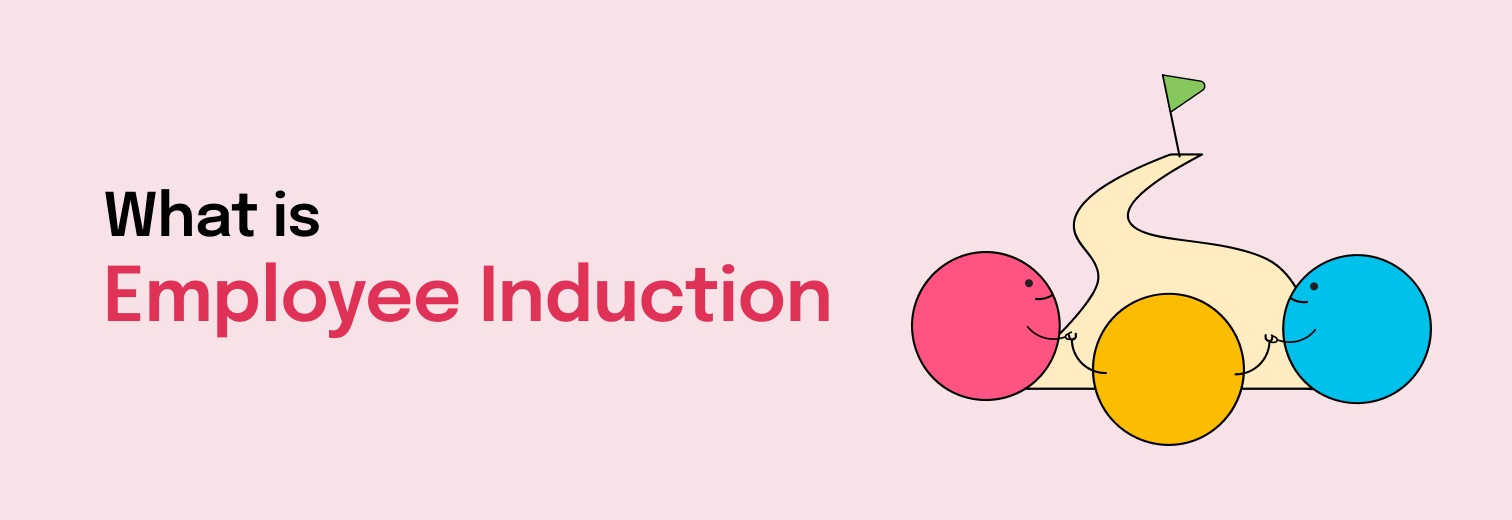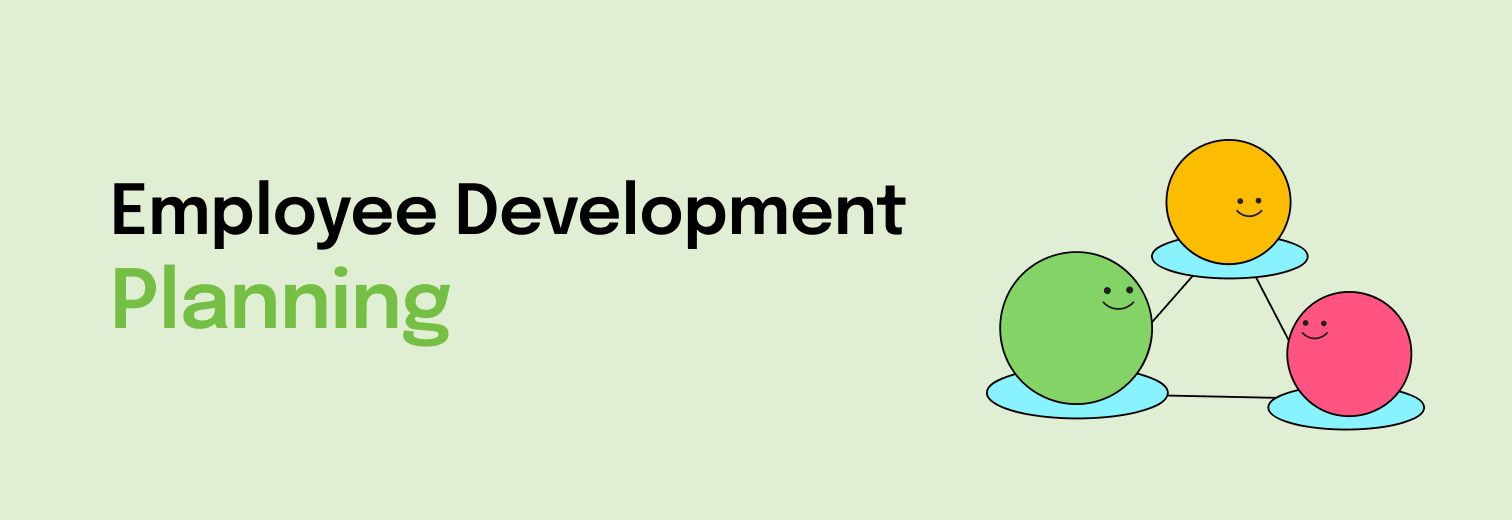Everyone we meet in corporates seem to agree that “building teams” (I will not use the word “team-building” since it seems to be clichéd and makes people think of “funny activities which we are made to do at offsites”) is critical for success. The choice infact looks like a no-brainer – “A great team vs a few brilliant individuals?” – but of course, we will take the team.
But do great teams happen by chance – or is there an effort to make it happen? Our experience so far, unfortunately points to the former being the overwhelming belief. Is it our individualistic Indian culture? Is it our hyper-competitive corporate culture? Or is it just a matter of not putting enough thought into a key variable like “building teams”?
In this context, the ongoing IPL presents a very interesting insight.
At the start of IPL4, there were only two franchises – CSK & MI – who wanted teams to be able to retain some of their players. The reason stated was that franchises had spent a lot of time building their teams. The governing council went with this request and they came up with a retention system wherein teams were allowed to retain upto 4 players (at most 3 Indians, at most 2 overseas). Obviously, this was open to all franchises.
Here is the interesting statistic: only two teams used this retention system to the full – Mumbai Indians & Chennai Super Kings. MI retained Sachin Tendulkar, Kevin Pollard, Lasith Malinga and Harbhajan Singh. CSK retained MS Dhoni, Murali Vijay, Suresh Raina and Albie Morkel. Further, both these teams were the only ones that managed to get back many of their other lesser players too in the fresh auction.
In contrast, what most of the other teams did – was to line up an impressive new array of players – each team looking like an unbeatable World XI. Every single member of the World cup winning Indian cricket team ofcourse, was lapped up. But then came the bad news – the same players who were previously doing a rocking job for their respective country teams, just could not seem to be able to be pull out the same magic for their new IPL teams.
And now let us take a look at the results: out of the top3 teams in IPL4 this year are two teams that put their faith in the “team”. No surprises – CSK and MI again.
Of course, the explanation for this is obvious: The culture of teamwork that existed in say the World cup winning Indian cricket team – was the secret sauce that made its individual players much more effective than they would have been on other teams. Without that sauce, however – the magic never got recreated for the different individuals in their new teams. Similarly, all other factors being equally distributed, what really made a difference to CSK and MI was the elusive elixir of “teamwork”. The fact that most of the players know each other well, bond together well and have a good understanding of each other’s strength and weaknesses, gave them an edge that none of the other teams even recognized or factored for.
Coming back to corporates, here is a question begging to be answered: Do you really believe in putting the effort to create a great team or do you just give lip service to team work and deep down inside believe it all comes down to talent?
Companies often spend a lot of time and energy trying to acquire talent from successful organizations, believing that to be the shortcut to better performances of their own. But more often than not, the same IPL4 syndrome plays out and unfortunately, as with the IPL, the return on investment rarely equals what the acquiring company hoped for.
What then can companies and team leaders trying to improve do?
Re-visit what you are doing to make your team go from good to great. It is not a matter of chance – it is the result of showing intent over a concerted period of time. The happy coincidence of showing such an intent – of making the team better – is that such a team culture often spawns or uncovers “homegrown superstars”. A Badrinath or a Ambatti Rayudu are proof to that. And yes, birds of a feather do flock together. A team that slowly builds a reputation for “teamwork”, does tend to attract similar minded people.
Teamwork vs Talent – the question to be answered is: What do you think can truly give your company or team a strategic advantage?
Do share your thoughts.










